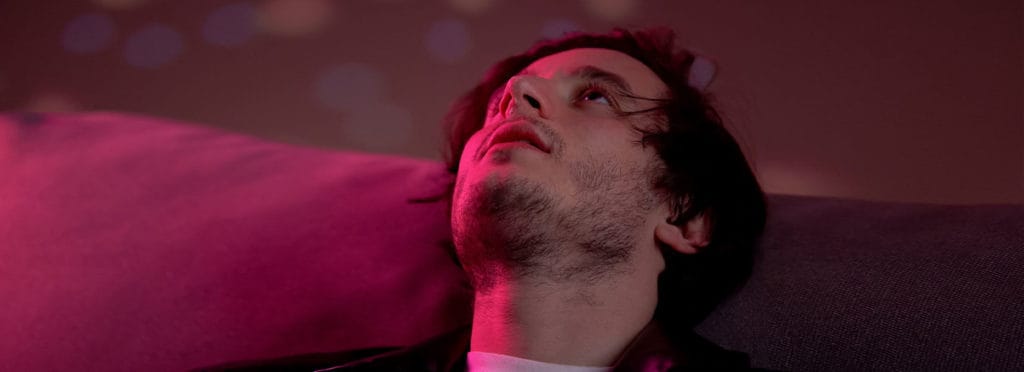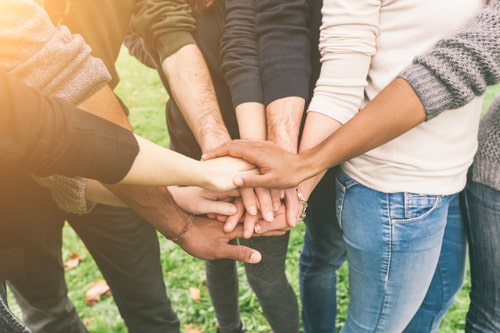The ongoing opioid epidemic has led to an influx of scientific, addiction-related research and review. Various studies have been conducted with the intention of identifying at-risk demographics, with the most vulnerable populace being the LGBTQ community. According to the Center for American Progress, as many as 30 percent of LGBTQ individuals report abuse of drugs and alcohol, while the rate of abuse within the general population sits at only 9 percent.
By understanding the social and psychological elements that enhance this susceptibility, different forms of substance abuse within the LGTBQ population, and LGBTQ-centric addiction treatments available, you will be prepared to make an informed decision as to the proper plan of attack if you or a loved one is struggling with addiction.
Social and Psychological Elements of Addiction
As a minority group, the LGBTQ community has, and continues to be, met with apprehension and social prejudice. Faced with ridicule and unacceptance from the public or even loved ones, members of this community are prone to developing various mental disorders such as anxiety or depression. As a result, many suffering from mental distress turn to substance abuse as a way to self-medicate. According to Mental Health America, personal, family, and social acceptance of sexual orientation and gender identity affects the mental health and personal safety of LGBTQ individuals, with discrimination against these persons being associated with high rates of psychiatric disorders, substance abuse, and suicide.
Alcoholism within the LGBTQ Community
As a legal and easily accessible substance, alcohol is at high risk for abuse among all demographics; however, those within the LGBTQ community remain especially vulnerable to the lure of this substance. As stated by the Center for American Progress, 25 percent of individuals within the LGBTQ populace report abusing alcohol, compared to 5-10 percent of the general population.
This statistical disparity is the product of mental affliction brought on by social prejudice against the LGBTQ community. In addition to social prejudices, alcohol companies utilize discriminatory marketing tactics to target this already vulnerable community. By advertising in LGBTQ literature, in clubs, and bars, individuals’ weaknesses are unknowingly being provoked for corporate gain.
Illicit Substance Addiction within the LGBTQ Community
In addition to alcoholism, the LGBTQ community remains epecially susceptible to drug abuse. According to the 2018 National Survey on Drug Use and Health,substance use patterns reported by sexual minority adults are higher compared to those reported by heterosexual adults, with 9 percent of sexual minorities reporting past year opioid abuse in comparison to 3.8 percent of the overall U.S. population.
Social prejudice and mental disorders plaguing this community remain fundamental elements in the development of addiction. However, instead of large alcohol corporations embedding subliminal advertising, the illicit drug market continues to secretly infiltrate the community. Illicit substances such as heroin, MDMA, cocaine, meth, and amyl nitrites remain highly accessible in establishments that members of the LGBTQ frequent.
LGBTQ Addiction Treatment
As a population that is frequently denied adequate, culturally-competent healthcare, specialized addiction treatment is of high importance. According to the National Institute on Drug Abuse, LGBTQ individuals often enter treatment with more severe substance use disorders, but only 7.4 percent of addiction treatment programs specialize in services for LGBTQ patients.
At Asheville Recovery Center, we don’t stand for discrimination of any sort. Members of the LGBTQ community are welcome with open arms and can rest assured that they will receive quality care within a comfortable, peaceful environment.
Our treatment specialists have developed a unique, hybrid model of treatment which combines a traditional 12-step program with holistic rehabilitation which is then tailored to fit every individual’s unique needs. A multitude of services, resources, programs, and therapies are offered, including the Partial Hospitalization Program, Residential-style treatment, outpatient rehabilitation, and more.
The founders of Asheville Recovery Center, as well as many of our addiction therapists, have struggled with addiction and now enjoy life in recovery. They understand the struggles of addiction and how difficult it is to overcome alone. We are proud to serve the LGBTQ community and want anyone with apprehension in seeking treatment to know, you are NOT alone.
If you feel that you or a loved one is struggling with substance abuse, our specialists are on standby and ready to help. Call (828)518-6996 and speak with an addiction expert today so you can take the first step towards a rewarding life of sobriety.









